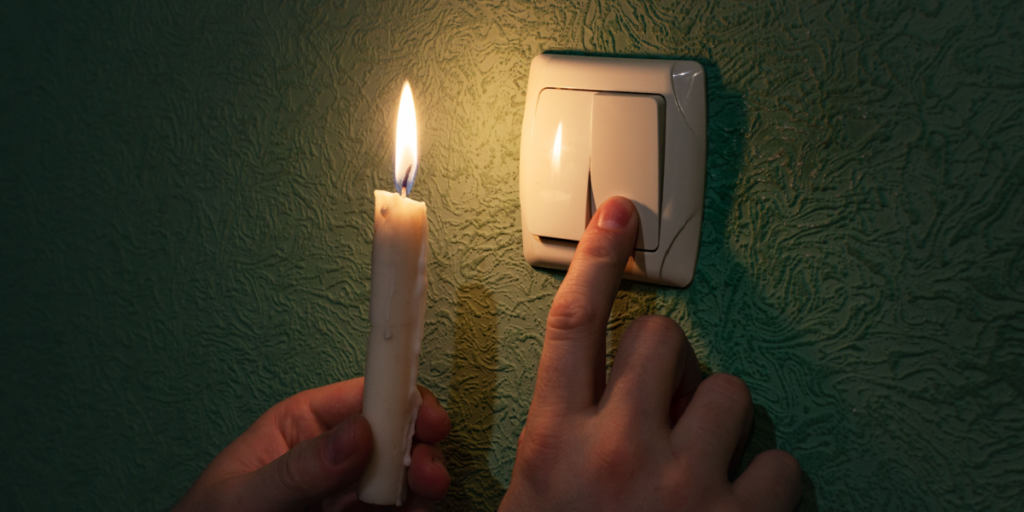Interestingly, the Russian authorities did not list the city among the Russian cities that were attacked over the weekend.
Others are reading now
Residents in the Russian city of Voronezh briefly lost power and heating overnight from Saturday to Sunday after a reported Ukrainian drone attack, according to a post on Telegram by a regional governor.
The incident came amid an ongoing wave of long-range strikes targeting infrastructure deep inside Russia.
Lights out
According to Reuters, Governor Alexander Gusev said on Telegram that several drones targeted Voronezh, the regional capital in southwestern Russia, but no injuries were reported.
He said electronic warfare systems intercepted multiple drones, leading to a fire at a utility site that was quickly put out.
Gusev added that the attack caused “temporary changes in central heating temperatures” and short power outages across parts of the city, though services were restored later in the morning.
Also read
Conflicting reports
The Russian defence ministry did not list Voronezh among the areas hit by Ukrainian drones in its regular update on Sunday.
Instead, it reported that 44 drones were destroyed or intercepted overnight — 43 over the Bryansk region and one over Rostov, both near the Ukrainian border.
Reuters reported that the ministry typically states the number of drones downed but not the total launched, leaving the scale of the attack unclear. Ukrainian officials did not immediately comment on the incident.
Expanding campaign
In recent months, Ukraine has intensified drone and missile operations targeting Russian oil facilities, supply depots, and logistics centres.
Kyiv argues these strikes are defensive, aimed at weakening Moscow’s ability to sustain its invasion.
Also read
The Kremlin, however, has condemned the attacks as acts of terrorism, maintaining that Ukraine’s actions threaten civilian infrastructure.
The conflict, which began with Russia’s full-scale invasion in February 2022, continues to spill across the border with growing frequency.
Sources: Reuters, BBC, AP


